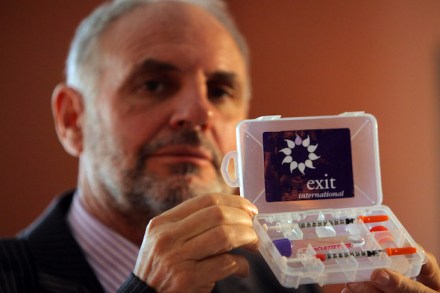Private tragedies: Must I Go, by Yiyun Li, reviewed
I can think of few novels as bleak or dispiriting as Yiyun Li’s 2009 debut, The Vagrants. Set in a Chinese industrial town in 1979, it opens with one woman’s death and closes with another. The pages in between are jammed with misery meted out by scalpel: treacherous friends, underfed children, craven officials, all have their turn upon the stage, while school choirs sing unfalteringly in praise of the communist party. Her latest book, Must I Go, is more cheerful, if only by a whisker. It’s the first time Li has set a novel squarely in her adopted America, with a faded Californian babe as its heroine. Lilia Liska is


















